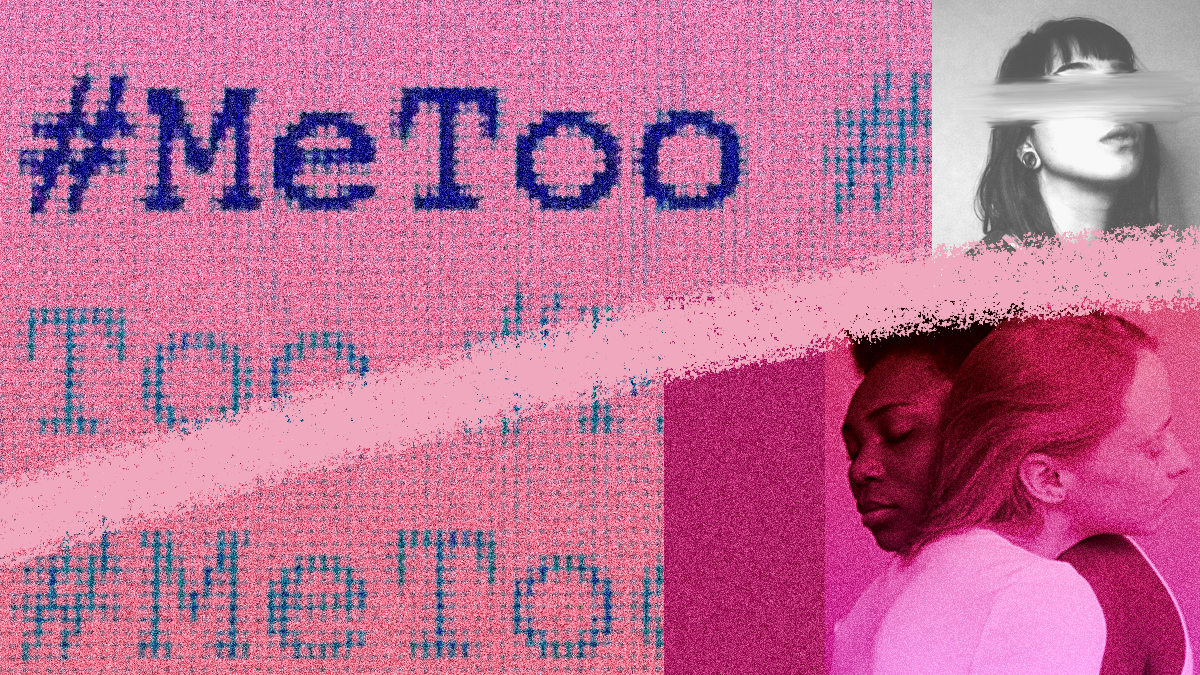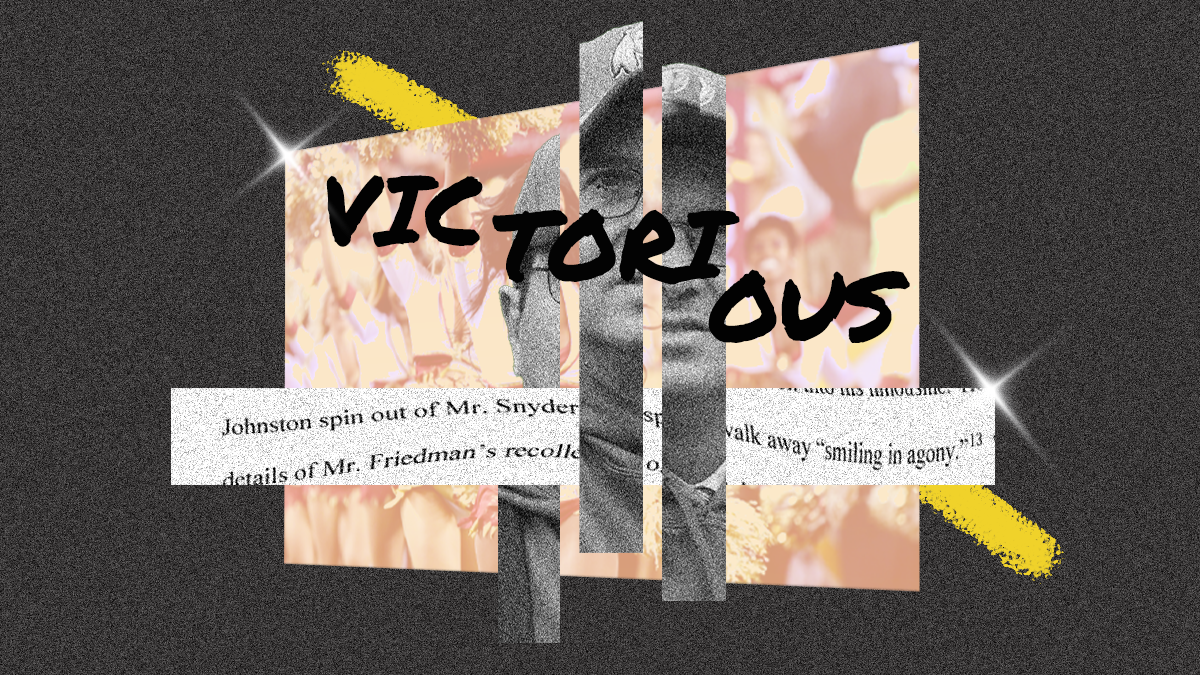Abortion rights, women of color, and LGBTQI+ people are under attack. Pledge to join us in fighting for gender justice.
Tell All of Tina Turner’s Story. She Did.

The world has been mourning the loss of rock ‘n’ roll queen Tina Turner. Tina’s musical career spanned over half a century, and you would have a hard time finding anyone who isn’t transported back in time when they hear her immediately recognizable voice or they see iconic miniskirted-ensembles. For me, my first memory of Tina Turner is listening to “Proud Mary” with my dad.
I remember being a child and hearing the slow and epic escalation of that song, feeling the joy and energy it carried. I also remember something else—my dad trying to explain to me, a young girl, that this celebrated hit that was sung out by Tina and her ex-husband, who was known to have hurt her. He wanted me to hear the song because it’s iconic (and because it’s phenomenal), but he also did not want to ignore the horrific context of what happened to her. Tina’s voice was heard and applauded around the world, but not everyone really listened to what she said.
I now work as part of the TIME’S UP Legal Defense Fund at the NWLC. Here, we talk a lot about the power of a narrative and the ways that telling your own story can be a healing process for survivors. Tina is one of the most famous examples of that. She had been publicly sharing her experience as a survivor since her first interview about it with People magazine in 1981. For over 40 years she reclaimed her story and inspired survivors everywhere to feel brave enough to speak out.
And yet, her experience as a survivor is still constantly minimized, questioned, or made fun of. After her passing, Variety tweeted out an article highlighting her career and life with this caption: “Soulful diva Tina Turner, who succeeded a lengthy run of ’60s and ’70s R&B hits in tempestuous partnership with husband Ike Turner with major pop stardom in the ’80s, has died. She was 83.” “Tempestuous” seems like an awfully generous and even possibly romantic substitute for what the nature of their relationship truly was: abusive, violent, and what any domestic violence advocate today would call highly lethal. In even more cruel scenarios her abuse becomes the butt of a joke, such as with the frequent use of the “Ike Turner” meme in the 2010s where people would write captions implying that they would act as Ike did toward Tina if someone—often that someone is personified as a woman or a girl—were to do something they didn’t approve of.
Other retellings of Tina’s life may mention her experience during her abusive marriage, but then quickly move on to her wildly success solo career, calling it one of the most amazing comeback stories of all time. While her career deserves to be endlessly celebrated because she was talented and worked incredibly hard, we’re oversimplifying when we tell her story in this way, too. The trauma of abuse does not disappear when the abuse physically stops. Survivors live with their experience for their entire lives. This is not to say that there isn’t room to celebrate for Tina’s success, but that life as a survivor contains far more nuisance than a simple Hollywood “comeback” story.
Tina continued to spread her truth as a survivor into the final years of her life. In 2021 Tina participated in a documentary about her life and career. One of the producers, Dan Lindsey, explained to Vanity Fair that “The trauma [of abuse] doesn’t just go away—that’s something we wanted to communicate with this film…. In meeting Tina early on, we kind of became aware of the complicated relationship she has to her own story…. What is clear in talking to her is that she is making an active choice every day to continue to survive.” Tina’s identity as a survivor does not mean she was not one of the most iconic musicians of all time, but it shouldn’t ever be dismissed or ignored because it was a core part of what she carried through her life.
Our culture is reluctant to believe survivors, and even when we do believe them, we are quick to ridicule, minimize, or dismiss their experiences. In Credible: Why We Doubt Accusers and Protect Abusers,” author Deborah Tuerkheimer speaks about what she calls the credibility complex, or society’s willingness (and often eagerness) to distrust survivors and trust abusers. Abusers are considered even more trustworthy when they hold positions of power, like being a man or being famous, like Ike. Society is far quicker to dismiss survivors when they are women and when they are Black, like Tina.
People are scared to have to address what this history of abuse might signify and how this might mean we have to reexamine gender-based violence in our culture. Tina had to fight tooth and nail to have her story not only believed but valued. When big media outlets, other famous musicians, or even everyday individuals don’t honor the truths that Tina fought for, they are devaluing her resilience and her experience as a survivor.
I am grateful for the honesty of my father when he first introduced me to Tina Turner. He respected her art, and he respected her experience by being truthful. We can do both. In fact, doing anything less than that as we honor Tina’s legacy is simply unacceptable.
So, I hope as we all listen to Tina’s amazing collection of music and rewatch her old performances, we remember to believe and value the stories of survivors today, tomorrow and for the rest of their lives, not just when it is convenient or comfortable for us.





